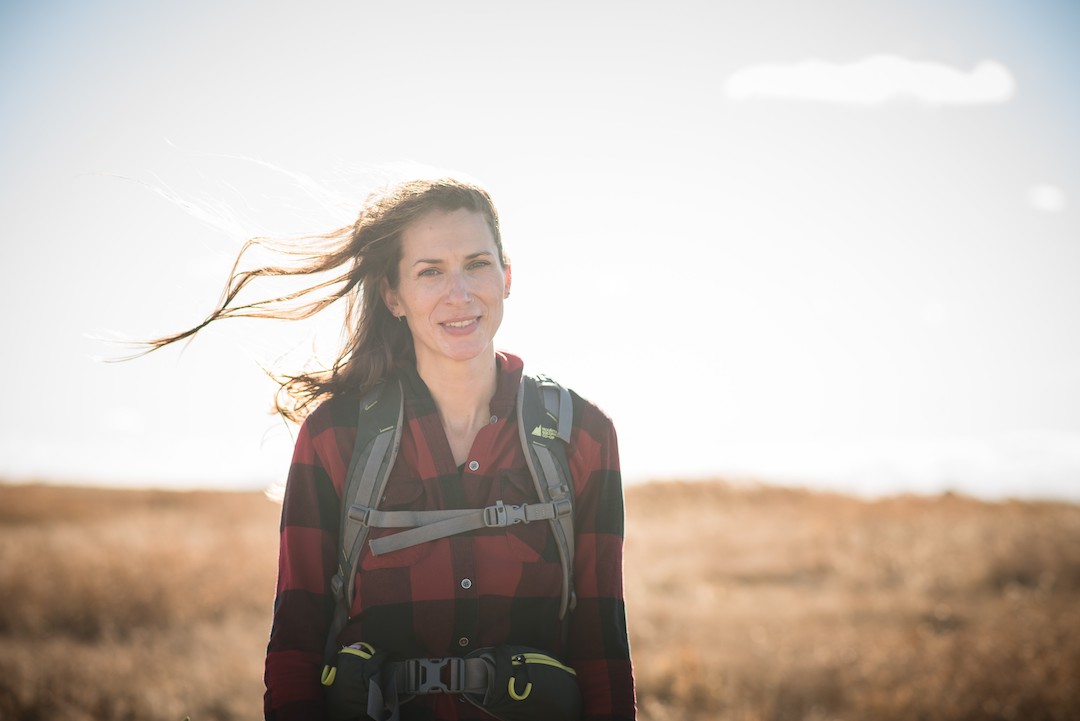There are many barriers that Black, Indigenous and other people face when it comes to accessing nature spaces. Major barriers include physical distance, financial costs and barriers related to normalizing “whiteness” in environmental culture.
The Canadian Parks and Wilderness Society (CPAWS), in Alberta, launched the bioDIVERSITY project this summer to help reduce barriers faced by racialized communities and immigrant groups. The CPAWS team is passionate about social justice, and movements like Black Lives Matter were a factor in making bioDIVERSITY happen. The project is unique to the CPAWS Southern Alberta chapter – and in the region.
Jaclyn Angotti, co-lead of the project, says CPAWS wanted to introduce programs that would be more inclusive for all Albertans who want to engage in conservation, environmental education and outdoor recreation.
“We recognize that there are many voices and faces that are traditionally excluded from these spaces. And so, the point of the project is to really break down barriers, and invite folks into the [eco-justice] conversations.”
Hira Shah, also co-lead of the project, says that the people who interact with CPAWS are usually a very white audience, and it can be harder for racialized people to interact with CPAWS programs, but the organization is working to change that.
Some of the activities include Indigenous-led nature walks, with Indigenous speakers and elders to present the walks. Shah says that people were very interested in learning about Indigenous perspectives on nature and what they can do to support Indigenous communities.
“Being a person of colour, I know that, as I’m looking for activities here, around Calgary, it does make me feel a bit more welcome by seeing diverse faces in nature,” Shah says.
CPAWS also runs education programs and summer camps, during which youth learn about eco-justice and green spaces. Soon, the organization will start the Changemakers project, which encourages people to take eco-actions, such as helping in a community garden and buying an environmentally friendly car.
“We really want to make sure that all of these actions are seen as equally important, and as equally contributing to our natural environment as well,” Shaw says.
CPAWS is focused on tackling the history of racism in Canada. Through the bioDIVERSITY project, Angotti says that they want to help shift perspectives in Alberta and across Canada about what is environmentalism and who is an environmentalist.
“We’re trying to look at how we [as a country] have been wrong in the past,” she says.
Connecting with nature is the driving force for people to be inspired to take environmental action. Shah adds that we won’t be able to reach any of our conservation goals on a municipal, provincial or federal level if racialized communities aren’t involved.
“It’s not possible without having everyone on board,” she says. “The goals that we’re aiming for, the steps that we’re trying to achieve, all of these things require full community level participation.”
